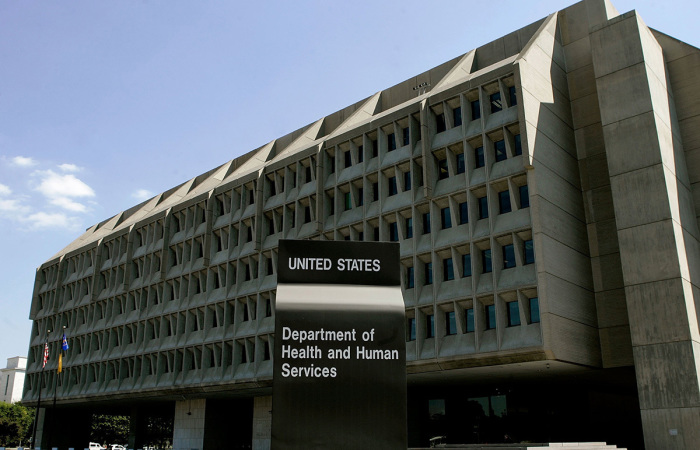Christian group sues EEOC, HHS over mandates forcing employers to cover gender transition surgeries

An organization that provides support to Christian businesses and nonprofits has sued the federal government for requiring employers to pay for or provide health plans covering gender transition surgeries and other related services for trans-identified individuals.
The Christian Employers Alliance filed a lawsuit on Monday against the U.S. Equal Employment Opportunity Commission and the U.S. Department of Health and Human Services in the United States District Court for the District of North Dakota, Western Division.
At issue are two mandates from the EEOC and HHS that interpret Title VII civil rights discrimination protections based on “sex” to include sexual orientation and gender identity as protected classes.
Named defendants also include the EEOC Chair Charlotte Burrows, HHS Secretary Xavier Becerra, the HHS Office for Civil Rights and OCR Director Lisa Pino.
“The EEOC Coverage Mandate forces religious employers that provide health insurance to their employees to provide insurance coverage of elective gender transition services — and to pay for elective gender transition services in those health plans — even though doing so violates the religious beliefs of those employers,” argues the lawsuit.
“The HHS Gender Identity Mandate requires those religious healthcare providers to speak positively about these procedures even though they disagree with them and the Mandate prohibits them from offering their full and frank medical opinions, including warning patients of the dangers and risks of these experimental and irreversible procedures.”
The CEA is represented by the Alliance Defending Freedom, a conservative legal nonprofit that has successfully argued religious freedom cases before the U.S. Supreme Court.
ADF Senior Counsel Matt Bowman said in a statement Tuesday that he believes the Biden administration is “misinterpreting and improperly enforcing federal law.”
“The government cannot force Christian employers to pay for, or physically perform, harmful medical procedures that contradict their religious beliefs,” stated Bowman.
“The Constitution protects religious healthcare providers and employers and allows them to go about their work in a manner compatible with their deeply held convictions and faith.”
In 2016, the Obama administration enacted a final rule that interpreted Section 1557 of the Affordable Care Act, which focused on prohibiting discrimination in healthcare based on sex, to include sexual orientation and gender identity.
The final rule was challenged in court by multiple states and religious groups, and was eventually repealed by the Trump administration in 2018.
But under the Biden administration, EEOC and HHS have returned to the interpretation of sex to include sexual orientation and gender identity.
To justify the policy, the administration cites the 2020 U.S. Supreme Court decision Bostock v. Clayton County. The high court ruled that Title VII of the Civil Rights Act of 1964 that protects against employment discrimination applies to sexual orientation and gender identity.
“The Supreme Court in Bostock recognized that to discriminate against a person based on sexual orientation or transgender status is to discriminate against that individual based on sex,” stated the EEOC in June.
“Therefore, the Supreme Court held that Title VII makes it unlawful for a covered employer to take an employee’s sexual orientation or transgender status into account in making employment-related decisions.”
In August, U.S. District Judge Reed O’Connor granted an injunction against the HHS mandate on behalf of the Franciscan Alliance, concluding that the HHS’ mandate violated the Religious Freedom Restoration Act.
O’Connor specifically contended that the mandate used threats of “fines and civil liability” to coerce employers and healthcare providers “to perform and provide insurance coverage for gender-transition procedures and abortions.”
“When the RFRA violation is clear and the threat of irreparable harm is present, a permanent injunction exempting Christian Plaintiffs from that religion-burdening conduct is the appropriate relief,” continued O’Connor.





























